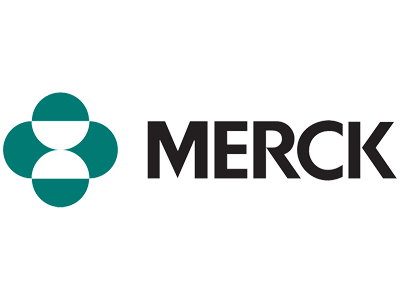FDA grants regular approval to pembrolizumab and lenvatinib for advanced endometrial carcinoma

On July 21, 2021, the Food and Drug Administration approved pembrolizumab (Keytruda, Merck) in combination with lenvatinib (Lenvima, Eisai) for patients with advanced endometrial carcinoma that is not microsatellite instability-high (MSI-H) or mismatch repair deficient (dMMR), who have disease progression following prior systemic therapy in any setting and are not candidates for curative surgery or radiation.
FDA granted accelerated approval on September 17, 2019 to pembrolizumab with lenvatinib for advanced endometrial carcinoma. Study 309/KEYNOTE-775 (NCT03517449) was a multicenter, open-label, randomized, active-controlled trial required to confirm the clinical benefit of this accelerated approval.
Study 309/KEYNOTE-775 enrolled 827 patients with advanced endometrial carcinoma previously treated with at least one prior platinum-based chemotherapy regimen in any setting, including neoadjuvant and adjuvant treatments. Patients were randomized (1:1) to either pembrolizumab 200 mg intravenously every 3 weeks with lenvatinib 20 mg orally once daily or investigator’s choice of doxorubicin or paclitaxel.
The major efficacy outcome measures were progression-free survival (PFS), as assessed by blinded independent central review (BICR) , and overall survival (OS) . Additional efficacy outcome measures included objective response rate (ORR) and duration of response (DOR), also BICR-assessed.
For patients with advanced endometrial cancer that is not MSI-H or dMMR, the median PFS was 6.6 months (95% CI: 5.6, 7.4) for patients in the pembrolizumab and lenvatinib group and 3.8 months (95% CI: 3.6, 5.0) for those receiving investigator’s choice chemotherapy (HR 0.60; 95% CI: 0.50, 0.72; p<0.0001). Median OS was 17.4 months (95% CI: 14.2, 19.9) and 12.0 months (95% CI: 10.8, 13.3), respectively (HR 0.68; 95% CI: 0.56, 0.84; p=0.0001). ORR was 30% (95% CI: 26, 36) and 15% (95% CI: 12, 19), respectively (p<0.0001). Median DOR was 9.2 months (1.6+, 23.7+) and 5.7 months (0.0+, 24.2+).
The most common adverse reactions reported in ≥ 20% of patients in trials of pembrolizumab in combination with lenvatinib were hypothyroidism, hypertension, fatigue, diarrhea, musculoskeletal disorders, nausea, decreased appetite, vomiting, stomatitis, weight loss, abdominal pain, urinary tract infection, proteinuria, constipation, headache, hemorrhagic events, palmar-plantar erythrodysesthesia, dysphonia and rash.
The recommended pembrolizumab dose for endometrial carcinoma is 200 mg every 3 weeks or 400 mg every 6 weeks with lenvatinib 20 mg orally once daily.
View full prescribing information for Keytruda.
View full prescribing information for Lenvima.
This review used the Assessment Aid, a voluntary submission from the applicant to facilitate the FDA’s assessment. The FDA approved this application 6 weeks prior to the FDA goal date.
This application was granted priority review. The combination of pembrolizumab and lenvatinib received breakthrough therapy designation for this indication. A description of FDA expedited programs is in the Guidance for Industry: Expedited Programs for Serious Conditions-Drugs and Biologics.
Healthcare professionals should report all serious adverse events suspected to be associated with the use of any medicine and device to FDA’s MedWatch Reporting System or by calling 1-800-FDA-1088.
For assistance with single-patient INDs for investigational oncology products, healthcare professionals may contact OCE’s Project Facilitate at 240-402-0004 or email OncProjectFacilitate@fda.hhs.gov.

